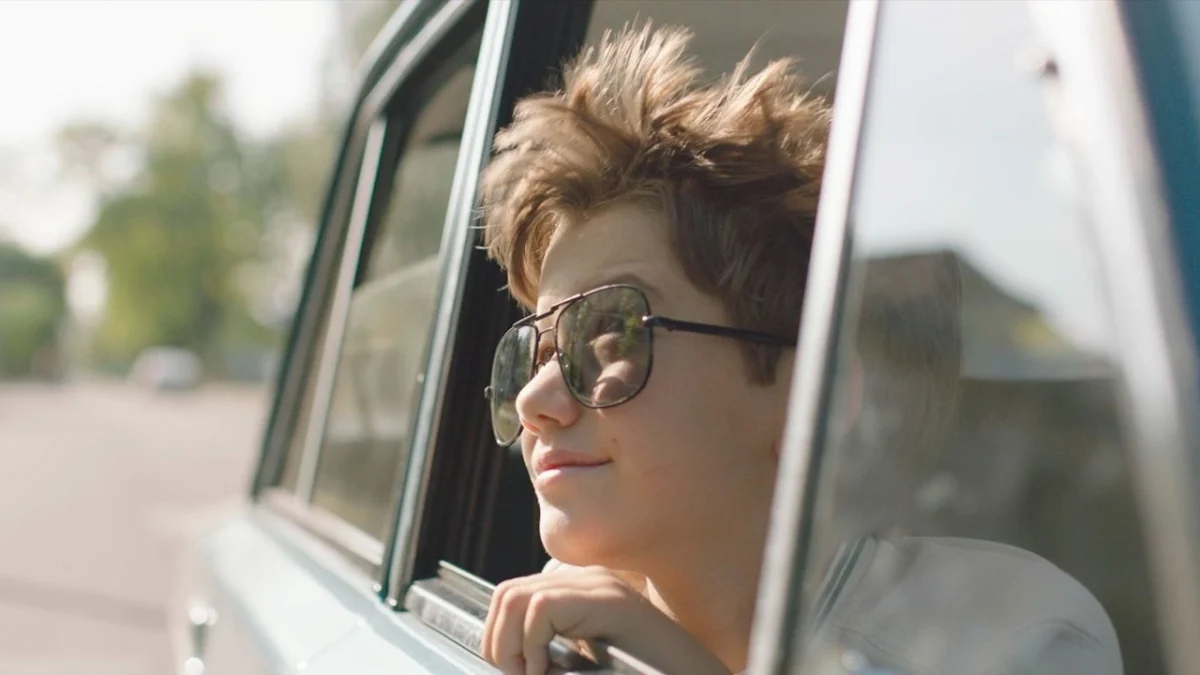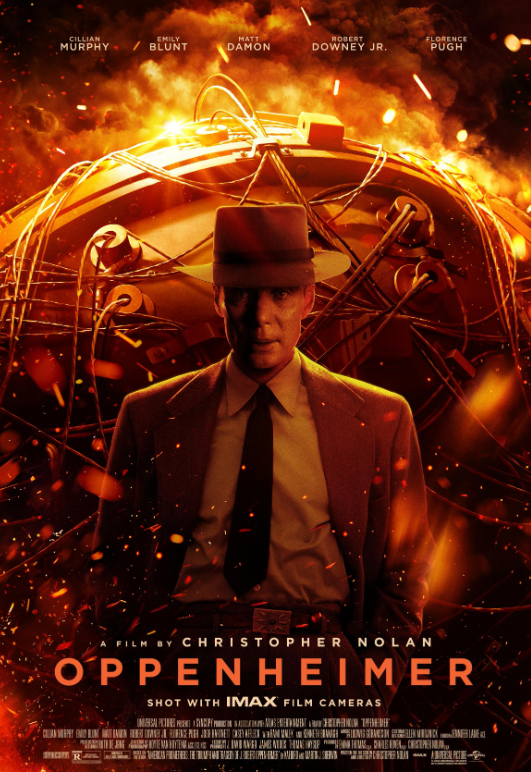
When looking at a TV guide for this winter’s schedule, television fans will notice two glaring absences. For the first time since the winter of 2004, “24” and “Lost” will not be returning to a small screen near you. Regardless of how viewers felt about the last few seasons of “24” or the essentially answerless “Lost” finale, these shows defined the first decade of the new millennium.
“24” was a fresh and original premise that first aired in November of 2001. The series implemented a real time narrative structure where one episode covered each hour of the day. With the use of a ticking clock, split screens to show multiple events occurring at once and cliffhanger endings, “24” provided tension-building entertainment. Audiences were so captivated by the twists and turns that they found themselves unable to skip an episode out of fear for missing major plot points.
“Lost” was originally intended as “Cast Away on TV,” but became a mystery-based show with a wealth of relatable characters. Premiering in September of 2004, the suspense and twists of “Lost” made it as addictive as “24.” Fans also enjoyed tuning in for the depth of the characters, as the narrative included flashbacks that dug into the characters’ pasts. Both programs were raking in the ratings. They were known as “genre” shows, as they offered elements that were not incorporated in most hour long dramas. “24” offered a sense of hyperrealism where terrorist attacks and government corruption were considered typical, daily events. “Lost” included elements of science fiction and fantasy that were subtly woven in to its complex narrative.
Viewers may have been surprised that these shows signed off for the last time on consecutive days last May, but they have not yet realized an even bigger shock: There will never be a show like “Lost” or “24” again.
Today’s world of television is not what it was five years ago. Changes in both technology and audience participation negatively effected the ratings of shows like “24” and “Lost.”
As foreign as it may sound, television series DVD sets and internet viewing were not as popular then as they are now. This new preference to watching TV on DVD and the internet, on demand cable options and the use of TIVO or DVR devices have all given consumers the opportunity to watch their shows whenever they want to.
Before these outside forces became as popular as they were, “Lost” and “24” benefited from the “water cooler” effect. Workers would have to watch the previous night’s episode in order to contribute in break time conversation. Viewers now watch their favorite shows at all different times, and thus, the shows cannot be discussed at the same time and place. Water cooler discussions have been replaced by “reality television,” which is a style that seems impervious to the issues that genre television is facing. Since there is a sense of reality towards the atmosphere and the characters, viewers feel they need to be up to date with the program in order to truly feel the effects of what is happening on screen. It seems that viewers are willing to watch a genre program at their leisure, but are adamant to watch reality television while it is still relevant.
Reality television is not replacing all narrative television, but it is contributing to the death of genre shows. “Lost” and “24” were expensive and they required constant viewership in order for the plot to make sense. Today’s audience seems more interested in watching programs that they can tune into whenever they feel like, and not worry about catching up with the previous week’s installment. They will wait until the new season of a genre show is released on DVD to catch up. That way, the wait and suspense in between episodes will not have to be endured. As soon as one episode ends, another begins.
Cheaper programs to produce, such as reality television and situational comedies are more desirable for studios in today’s market. They are less of a financial risk and are likely to perform better in the ratings, as viewers do not have to invest time catching up with the story. They can sit back and enjoy the mindless entertainment these programs provide. Studios are impatient, and they want instant results. If a new genre program is critically acclaimed but starts with low ratings, it will be cancelled immediately. Cable and premium channels like HBO and AMC are more willing to take on exciting and thought-provoking entertainment, but they tend to shy away from genre shows. They stick to excellent dramas, which have proven successful. Just like the network channels, cable and premium channels do not see the risk in taking on an expensive project that is less likely to make a profit.
“Lost” and “24” were able to survive in this new world of television viewing because they had established strong fan bases under the previous system. Despite lower ratings, studios could count on strong DVD sales to make up for the loss in advertising dollars. Writers who want to create a genre show in today’s television atmosphere will not have the opportunities that “Lost” and “24” were given to push television boundaries. This fall, NBC premiered a new series “The Event” which ran on the tag line “If ‘24’ and ‘Lost’ had a baby, it would be ‘The Event.” Less than one month into its season, “The Event’s” ratings plummeted. Why get caught up in a series where you have to wait and wait for answers when the DVD set is right around the corner? Yet the catch-22 here is if there is no audience tuning in while these programs air, they will be cancelled and will not have a DVD market at all.
Taking all of these changes in the television market into consideration, it’s clear that there will never be a show like “Lost” or “24” again. If you were a fan of these shows, do yourself a favor and buy the DVD sets and watch them over and over again. This should not suggest that these shows were sublime and that a gifted group of writers could not make a show that is better. It’s that they will not be allowed to.
Kevin Romani is a Collegian columnist. He can be reached at [email protected].







Michele Romani • Feb 5, 2011 at 11:34 am
Great job!